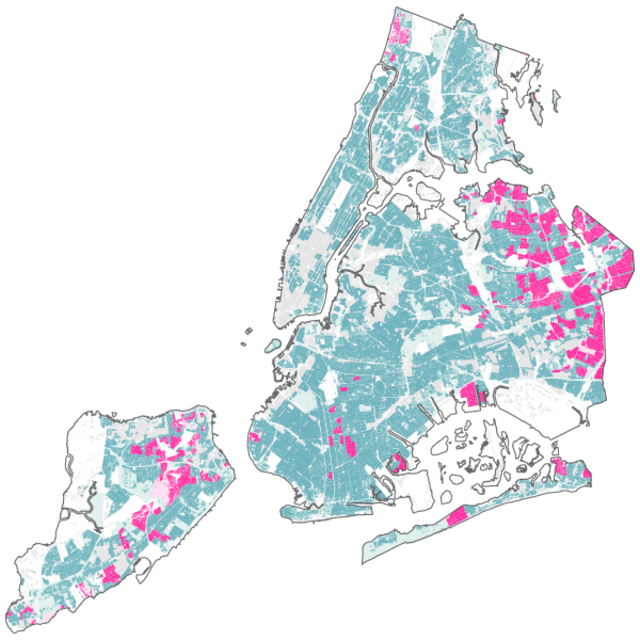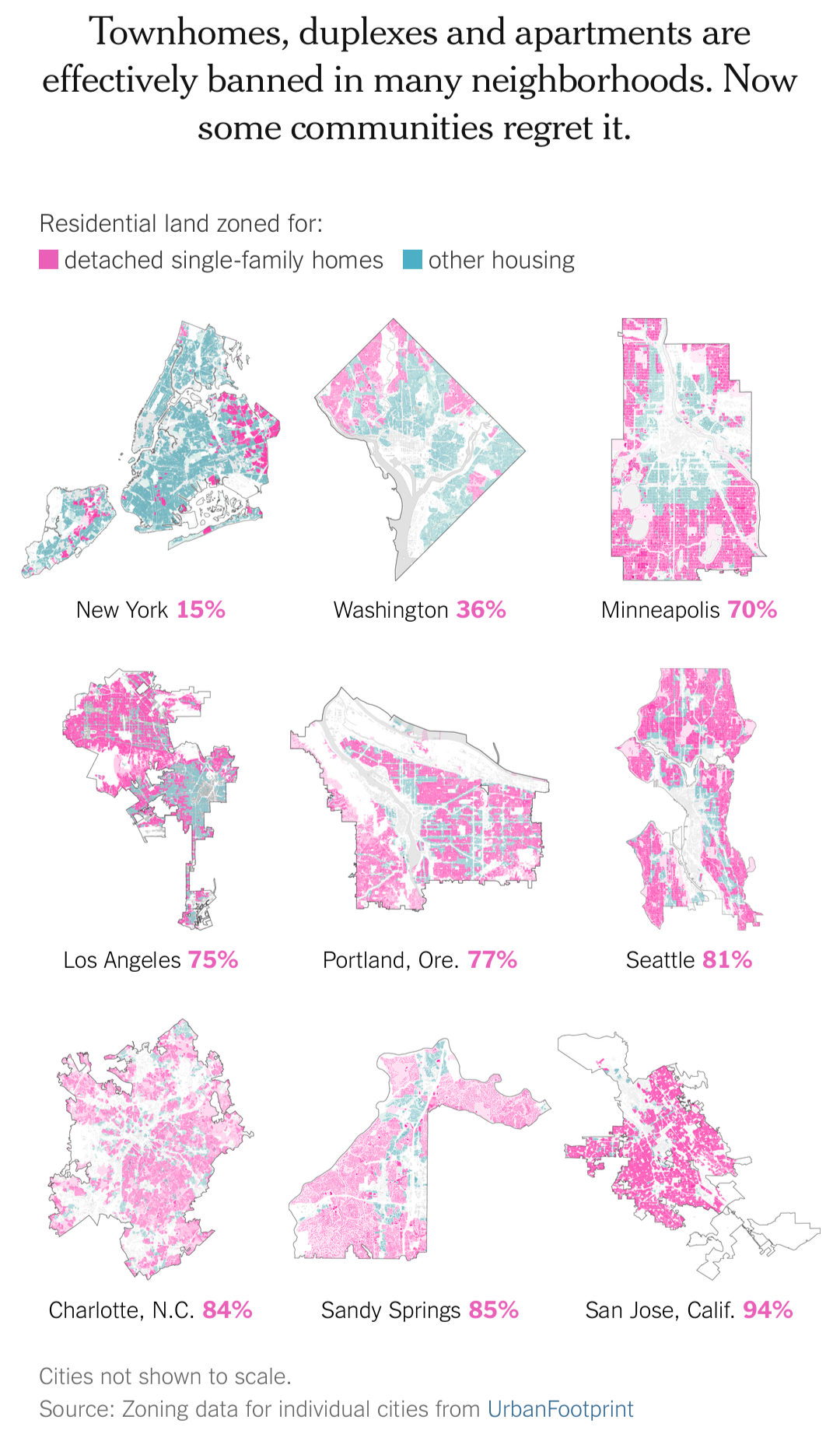Property taxes != Land value taxes
Further, it's not a tax on capital; it's a tax on land. It's very explicitly designed to target land, as land has distinct economic properties that make it a prime target for taxation.
And yes, it does target speculative investments like those of Blackrock:
It reveals that much of the anticipated future tax obligations appear to have been already capitalised into lower land prices. Additionally, the tax transition may have also deterred speculative buyers from the housing market, adding even further to the recent pattern of low and stable property prices in the Territory. Because of the price effect of the land tax, a typical new home buyer in the Territory will save between $1,000 and $2,200 per year on mortgage repayments.







[email protected]